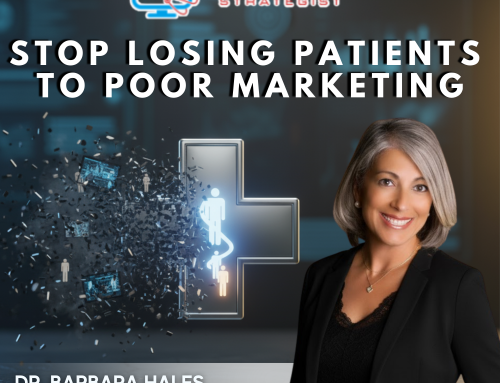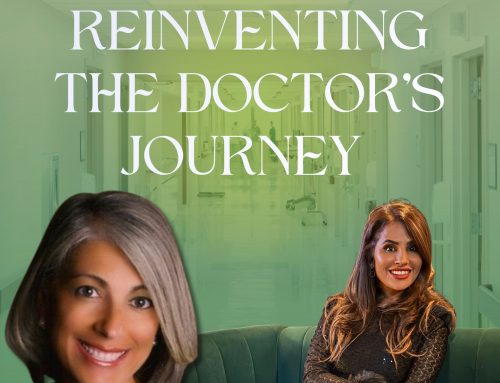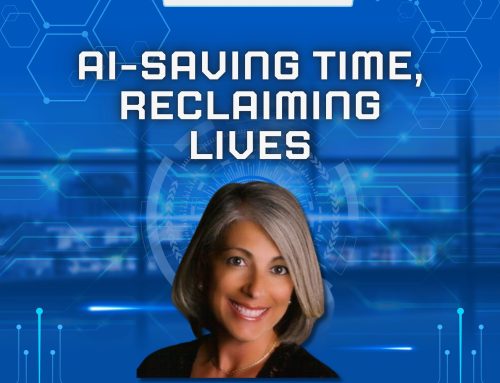Okay, I’ll Admit it!
Yes, I was one of those people in line waiting patiently to get the new iWatch…and yes, I could have just ordered it online, saving myself the time and hassle of the long hustle and bustle at the mall (especially since the new iPhone came out at the same time). But, I wanted to be part of the phenomenon, sharing the excitement of everyone who is consumed by Apple and consumerism.
What attracted me to want the new iWatch?

It was actually the expanded health options that are new to the Apple system. The fact that your watch monitors your steps, pulse, caloric output and standing during exercises on a daily basis is nice, but this has been here for a while. Being able to have the watch function with cellular service independent of having a phone is a true joy. But this is not what perked my ears up.
I’ve Fallen and I Can’t Get Up
The technology that can detect if you are just flailing around with your arms vs. falling is truly advanced and not easy to accomplish. If the watch thinks you have fallen, it will send a message asking if you are alright. If you don’t respond, the watch sends an emergency service to you at your location. No longer will you need a bulky square on a lanyard to push if you think you need help. Think of all those that benefit from this. We are not talking about the geriatric patient alone (although it’s great for them).
 Imagine the jogger who is out for the daily run, trips, falls and hits his head. No one knows about it yet but help will be on the way. Think of children who fall and hit their heads on their way home from school or to an activity. Again, help will be there for them.
Imagine the jogger who is out for the daily run, trips, falls and hits his head. No one knows about it yet but help will be on the way. Think of children who fall and hit their heads on their way home from school or to an activity. Again, help will be there for them.

The watch will also tell you if you have bradycardia or tachycardia. I know at least 3 people that might still be here today if they had watch with this function on their wrist. You can then take a ECG tracing from the watch with one press of a button, save it as a PDF and send it to your physician. Are you listening? Are you ready?
With little doubt that disruption is coming, what can health executives do to prepare for the future regardless of what it might look like?
Jeff Arnold, Chairman and CEO of Sharecare, a digital health company, says it’s time to become fluent in three languages: healthcare, technology, and surprisingly media. Simply put: hospitals are going to have communicate with existing and prospective consumers in new ways. This includes physicians and other healthcare professionals as well.
According to PwC Health Research Institute, consumer expectations are changing as they embrace new changes and technology.
“Companies that invest in a deep data-driven understanding of their customers will be able to develop tailored products and services,” PwC wrote. Newcomers the firm described as “vertical integrators, technology invaders and health retailers all have a leg up on many established health players in understanding consumers and tailoring experiences for them.”
PwC predicts that emerging business models will include knowledge worker coding, writing artificial intelligence tools, running data analytics and prototyping new technologies to advance patient experience. The firm added that 39 percent of providers are already investing in AI, machine learning and analytics.
“Yet few established companies have the in-house capabilities to develop and implement these tools, so they should acquire these skills or partner to gain access to them,” the authors wrote. “And they should be prepared to pay for them — the rest of the global economy is seeking these capabilities, too.” “Consumers, employers and the federal government are seeking relief on price and likely will reward companies able to significantly cut them without downgrading quality.”
Today, you can see everywhere that change is barreling its way into healthcare. New models of healthcare and new views to providing care based on value rather than volume with services rendered, along with telehealth tools to treat patient outside the hospital are among those in the first line. Just imagine what will come next!
The future is coming along with new innovations. You can embrace it and be the authority that people seek out for the new approaches to treatment, or you can step aside and let others take your place on the forefront.
What are your views? Please share your ideas in the comment box below.



